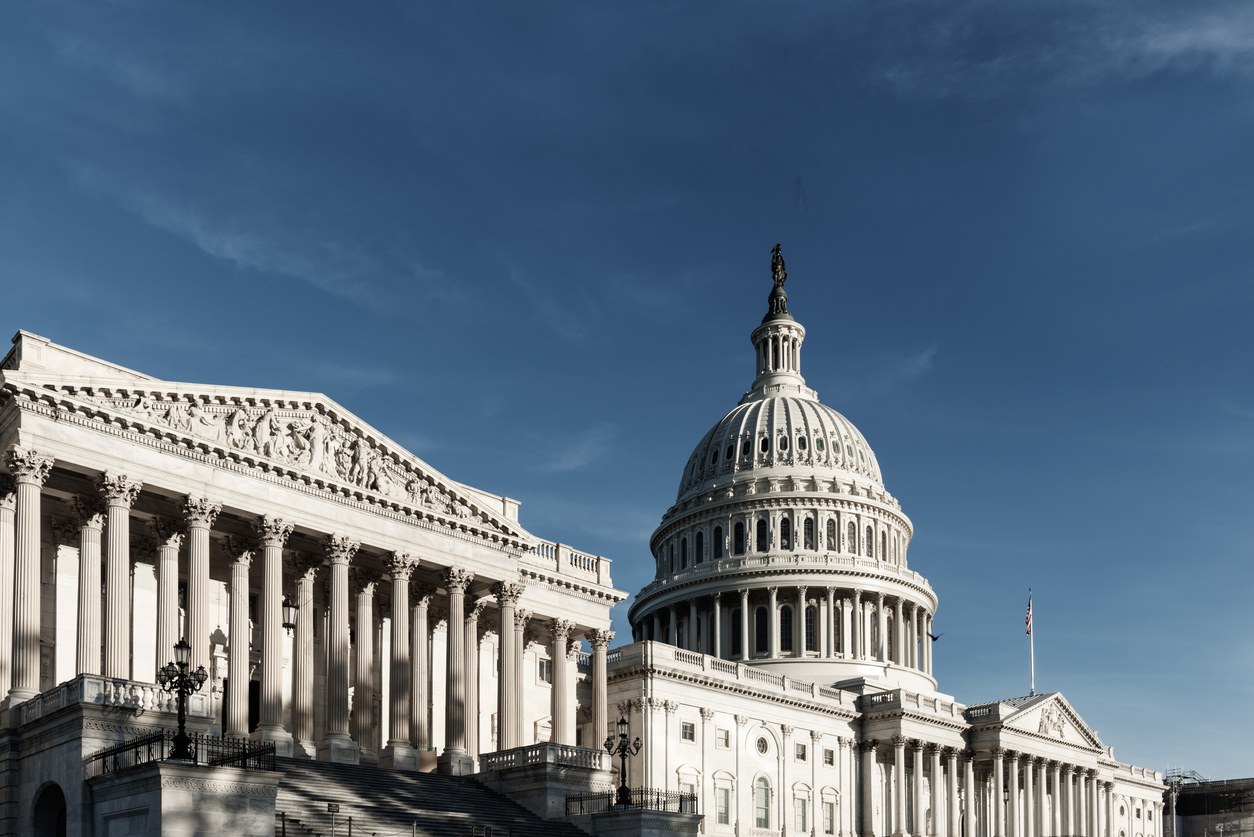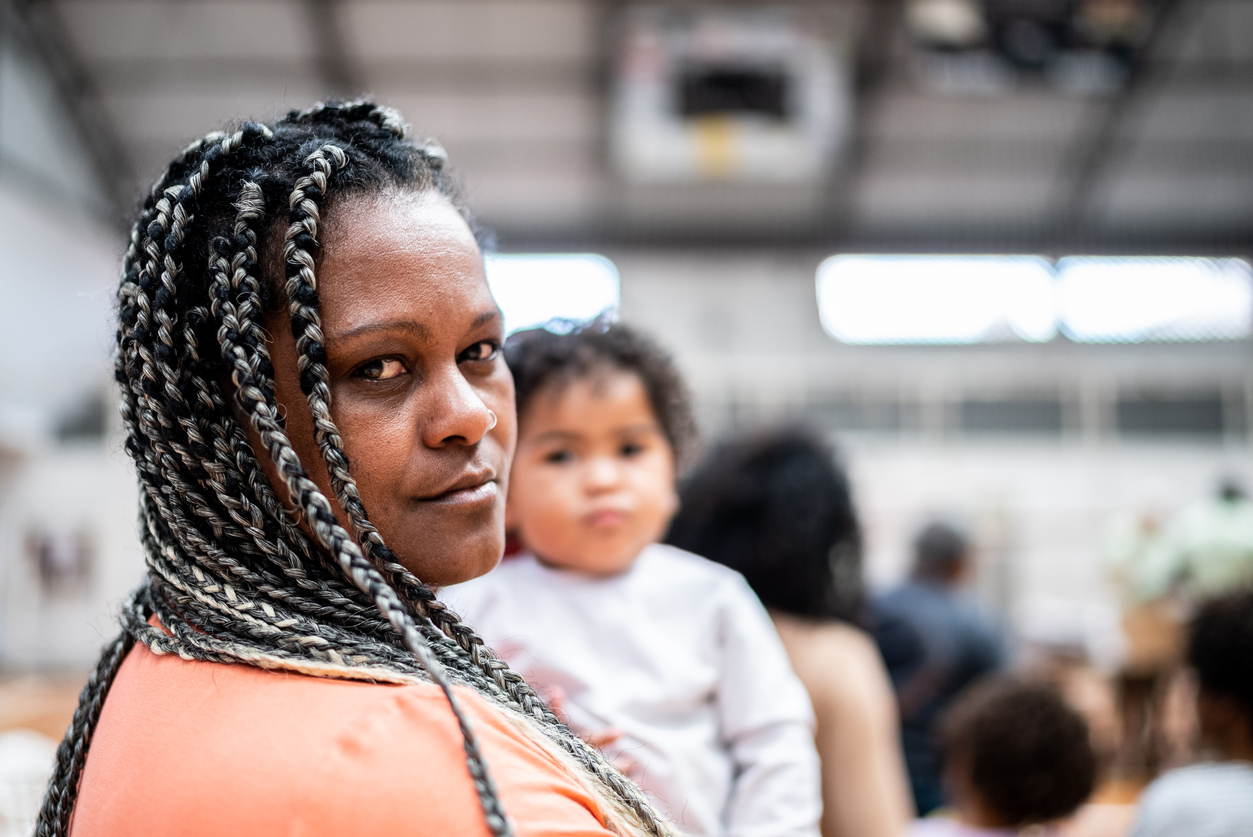
Your Health Unlocked Episodes
050: Voting in 2024 – Why it Matters and How to Do It
July 25, 2024
---

Deep Dive Articles, Policy Updates
Publication Date: January 17, 2024
By: Kristen Batstone

Millions of pregnant mothers, infants, and young children could go hungry due to a lack of action from the federal government. The Women, Infants and Children Program (WIC) was established by Congress in 1997, and it has received overwhelming bipartisan support every year since then. Even though WIC is not an entitlement program, Congress has committed to fully funding the program for the last 25 years. The movement to slash WIC funding comes at a time when the government is looking to pass a less robust spending package-but some lawmakers have gone too far, proposing bills that are woefully below the spending limits originally agreed upon by the President and the former Speaker of the House, Kevin McCarthy. If Congress passes the funding levels proposed by the House, as many as 2 million eligible parents and children would be turned away from the program.
For starters, House Republicans have attached anti-abortion and anti-trans riders to every spending package this year. These riders have killed at least four spending bills on arrival at the House floor. Currently, House Republicans hold a slim majority (221) over the Democrats (213) and Republicans need 218 votes to pass a spending bill. Due to a small but loud group of dissenters within the Republican caucus, House Republicans have yet to reach a consensus within their own party about spending levels, let alone consensus with Democrats. Further, the Democrats are unwilling to support the House spending packages in their current form due to what they see as woefully insufficient spending levels and the riders that attack abortion and gender-affirming care. Even if the current House Majority Leader, Mike Johnson (R-LA), somehow manages to build consensus within the party these bills still need to go to conference.
Conference is a process where designated Members of Congress from the House and Senate get together and try to reconcile differences between the Senate and House appropriations bills. The Senate is another obstacle in this process because Democrats currently have the majority, unlike in the House. Thus far and as one might expect considering the difference in who has the majority, Senate spending levels look hugely different from the ones proposed by the House.
The Senate has long earned the reputation of tempering the House during negotiations. But the holdouts in the Republican party have made no indication that they plan to back down. This Congress has gone as far as to dispose of the leader of their party when he coopearated across party lines. Following a fierce debate with President Biden over the debt ceiling and future spending levels, Republicans ousted then Speaker Kevin McCarthy for striking a deal that reduced spending and narrowly prevented the government from defaulting on its debt. This led to a series of speaker races where numerous Republicans put their hat in for the role of Speaker, and for one reason or another they all failed to secure the vote. After much fatigue and outcry from the public, Republicans finally managed to elect Rep. Mike Johnson from Louisiana to be Speaker.

Johnson had his fair share of hurdles to overcome. For starters, Johnson was elected to be Speaker of the House on Wednesday, October 25, 2023, and current spending levels were set to expire on November 19, 2023. With the November 19 deadline fast approaching and no deal in sight, Speaker Johnson proposed a laddered stopgap measure that would fund parts of the government through January 19, 2024, and the rest through February 2, 2024. It is now January 2024, and Members of Congress are no closer to passing a spending package than they were in November.
Speaker Johnson has floated the idea of a yearlong continuing resolution (CR) that would freeze funding levels for the rest of the year. But stakeholders were quick to criticize this proposal as it would slash funding for critical programs like WIC by 9 percent. As Congress gears up for another short-term spending measure, the Network urges Congress to come to consensus that protects the interests of low-income parents and young children across the country. Pregnant women, infants, and young children should not go hungry because Congress is unable to do its job.
The Special Supplemental Nutrition Program for Women, Infants, and Children otherwise known as WIC, provides nutritious foods, supplement diets, information on healthy eating, and referrals to health care to parents and young children at nutrition risk. The WIC program currently serves about 6.3 million low-income families across the United States who may otherwise struggle with food insecurity and hunger. The program disproportionately serves Black women and Black babies who are more likely to live in food deserts, and less likely to report access to nutritious foods. Access to good and nutritious foods is essential for children’s physical and mental development. Research indicates that children who experience hunger are more at risk for health conditions like anemia and asthma.
With that said, the National WIC Foundation maintains that WIC is more than hunger prevention program. WIC supports healthy pregnancies, breastfeeding, and encourages early childhood success in schools. Save the Children reports that hungry students are less likely to have energy and they are more likely to miss an assignment, have lower test scores and repeat a grade. Education is key to breaking intergenerational cycles of poverty, but hunger impedes a student’s chances for success. The COVID-19 pandemic not only exposed cracks in our public health infrastructure, but it highlighted the importance of school-sponsored meals to help fight hunger. Although the public health emergency has ended and the government has begun to rollback COVID-era assistance, the rest of the country is still reeling from the effects of a devastating pandemic. In the face of rising maternal mortality, poverty, and hunger in the U.S, WIC’s role is more crucial than ever.

Although WIC enrollment has reached a new record due to the tireless work of regional coordinators, data indicates that only 51 percent of eligible people participated in the program in 2021. According to the Department of Agriculture, 12.8 percent of households, or 17 million households, were food insecure at some point in the year 2022. It is important that the WIC program continues to grow and serve hungry families across the United States, especially as the country grapples with inflation and rising food prices. Experts suggest that the program needs 1.03 billion dollars to fully fund the program. The House agriculture appropriation bill proposes a $800 million cut to the WIC program which would turn away 750,000 eligible people and an additional 4.6 million participants will see their benefits severely reduced. More damaging, the Department of Agriculture predicts that the WIC program is facing a 1-billion-dollar shortfall due to higher costs and a lack of new funding from the government. As Congress gears up for another continuing resolution, The Network encourages Congress to act, and act quickly to pass a robust spending package that fully supports the needs of pregnant and postpartum women as well as infants and young children.
As we wait to see how Congress will react to the upcoming deadline to fund parts of the government, there are actions that you can take to help support food insecure people across the country.
